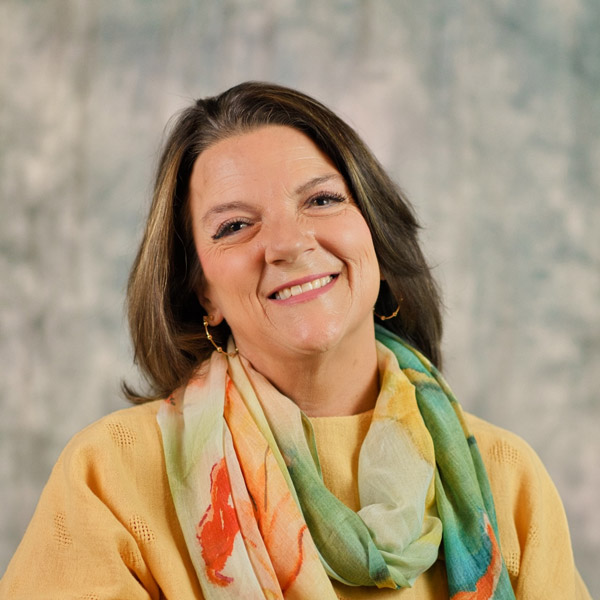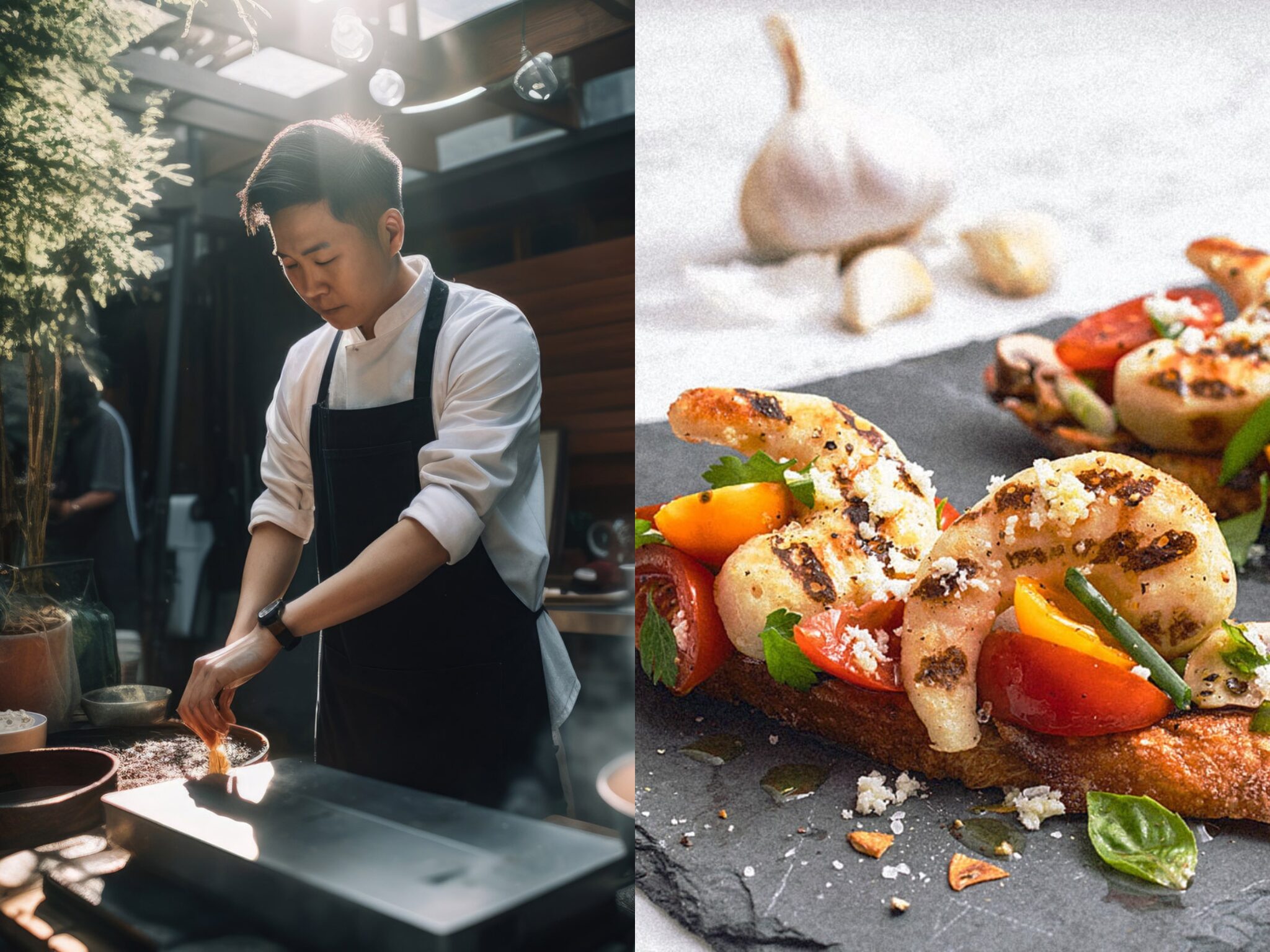Bayou Best Foods: Big Idea Ventures Launches Vegan Seafood Company, Acquires IP From New Wave Foods
6 Mins Read
Food tech investor Big Idea Ventures has launched a new vegan seafood company that utilises intellectual property from New Wave Foods, which shut down last year.
Big Idea Ventures (BIV) has incorporated Bayou Best Foods, a new plant-based seafood company that uses IP from the now-defunct New Wave Foods.
The eighth investment out of BIV’s Generation Food Rural Partners (GFRP) Fund, Bayou Bets aims to commercialise the IP with an initial focus on shrimp (slated for a market launch by the end of the year). It plans to extend into other categories in the future as well.
BIV has appointed former Conagra, Perdue Farms and Beyond Meat exec Kelli Wilson as the company’s CEO. “Bayou Best is positioned to be a leader in animal-free seafood manufacturing and distribution, with a strong focus on delivering an eating experience that mimics, in taste and texture, animal-based seafood items,” she said.
Why New Wave Foods ceased operations

In November, San Francisco-based New Wave Foods entered into a voluntary assignment for the benefit of the creditors (ABC), an alternative to formal bankruptcy proceedings that involves transferring assets from a debtor to a trust to liquidate them and distribute the proceeds. In effect, the company was “indebted to various creditors” and “unable to pay its debts in full”.
The startup had rolled out its vegan shrimp in US foodservice through a partnership with Dot Foods in 2021, months after closing an $18M Series A fundraiser. “Although we were gaining momentum in 2023 and had secured a major customer for 2024 sales, we couldn’t outrun industry headwinds,” co-founder and CEO Michelle Wolf told AgFunderNews at the time.
Speaking to the publication now, BIV chief investment officer Tom Mastrobuoni said there wasn’t “any one thing” to blame for New Wave Foods’ collapse, but rather “a confluence of events”.
“I think we’ve learned a ton of lessons, which is why we’re bringing in someone with Kelli’s experience to run Bayou Best Foods. At the end of the day, you’re still running a food company, not a tech company that makes food,” he said.
The acquired IP includes “formulations and specific production techniques”, but not any production facilities. To support its market entry, Bayou Best Foods will use co-packers to manufacture its vegan shrimp. “We’re working very closely with BIV partners on innovation and pilot trials and then we will scale up with contract manufacturers,” Wilson told AgFunderNews.
She added: “We’re not using expensive technologies such as twin-screw extrusion; we’re using simple blending and heating and forming followed by freezing and packaging for ready-to-heat products. New Wave’s latest iteration was using mung bean protein [combined with seaweed extracts], but we’re looking at other high-quality protein sources.”
A sea of problems

In a statement, Wilson outlined the Bayou Best Foods’ mission to “provide a product that can replace shrimp in any traditional menu or dish”, and cater to consumers with seafood allergies and those who are cutting back on shrimp due to health concerns.
A survey by the International Food Information Council (IFIC) this year found that 66% of seafood consumers prioritise nutrition and health, with frequent eaters showing an even higher inclination (78%). But ill health effects from shrimp farming have been under the spotlight, thanks to a combination of overcrowded aquaculture systems, overuse of disinfectants and high susceptibility to diseases stemming from monocultures.
Microplastic pollution, toxic chemical runoff, antibiotic and pesticide use, sea lice, mercury, and overfishing are among a host of issues that are leading to the collapse of global fisheries. Crustaceans like shrimp, meanwhile, account for 22% of the total carbon emissions from fishing, despite making up just 6% of all the tonnage landed.
The species has been vastly affected by climate change too, suffering from population declines, with spawning population only an eighth of what it was in 1908. There has been a collapse in Atlantic shrimp numbers too, thanks to ocean warming. And in the Gulf of Mexico, pink shrimp stand to lose 70% of their habitats by the end of the century.
Meanwhile, illegal, unreported and unregulated fishing of shrimp and prawns amounted to potential economic losses of about $47M annually between 2015 and 2021. In fact, 26.4% of all shrimp fishing activities were potentially illegal and unregulated between 2016 and 2021.
A large global survey by the Marine Stewardship Council recently revealed that 30% of consumers have been eating less seafood in the last two years, with almost half (48%) concerned about overfishing and 35% worried about climate change impacts. More than 80% of people have changed their dietary habits in this period, with 43% doing so for sustainability reasons – it highlights the need for more sustainable alternatives to animal proteins like shrimp.
Bayou Best Foods to license IP as well

Mastrobuoni said Bayou Best Foods is primarily focused on foodservice since that’s where the majority of seafood is consumed in the US, “mainly because consumers are afraid of it and don’t really know how to cook it”, and “chefs understand how to work with it”.
“We’re also going to develop a portfolio of products across different species as we want to build a platform company that can leverage multiple technologies in this space, so we’ll also be looking to license IP being developed in universities we’re working with,” he added. “Single-product companies are interesting science projects, but they are not good companies. Companies need differentiated revenue.”
Speaking of revenue, the plant-based meat and seafood industry saw retail sales drop by 12% in 2023, while prices also increased by 9% (compared to a 3% rise for conventional meat and seafood). And within the plant-based analogue world, vegan seafood only makes up 1% of the market share.
“Despite challenging times for the category, there is no denying that we are in a climate emergency and that our oceans are in peril,” Marissa Bronfman, founder of alternative seafood association Future Ocean Foods, told Green Queen in February. “We must ensure that the international venture community continues to fund alternative seafood across plant-based, fermentation and cultivated, if we are to protect our oceans and feed 10 billion people by 2050.”
Bayou Best Foods joins a number of other players developing or selling plant-based shrimp, including HAPPIEE! (Singapore), Vegan Zeastar (the Netherlands), Plant-Based Seafood Co., Aqua Cultured Foods (both US), Boldly Foods (Australia), Thai Union (Thailand), and Steakholder Foods (Israel).
“There are significant environmental, human rights, and fraud issues in the seafood industry. Bayou Best’s products align with the growing demand for sustainable protein options, driven by consumer concerns about seafood sustainability and a desire for animal-free alternatives,” said Emily Linett, director of strategic partnerships of the GFRP Fund.
GFRP is an inception-stage agrifood venture fund backed by members of the Farm Credit System, which partners with leading universities to launch new companies based on IP, brings strategic support from inception, and provides seed-stage and follow-on capital. Its portfolio startups include microbial tech company PlantSustain, cultivated meat solutions developer Nexture Bio, and sustainable active ingredient maker BioCloak, among others.
“This investment furthers GFRP’s mission of launching innovative companies while creating living wage jobs in rural communities,” said Linett.



